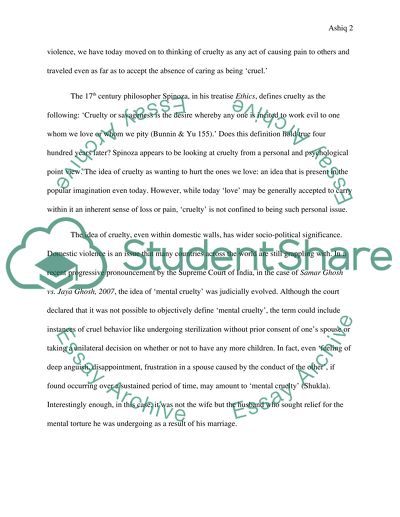Cite this document
(“Argument of Definition: Defining Cruelty in the 21st Century Essay”, n.d.)
Retrieved from https://studentshare.org/sociology/1460340-definition-of-argument-essay-on-george-orwell-s-a
Retrieved from https://studentshare.org/sociology/1460340-definition-of-argument-essay-on-george-orwell-s-a
(Argument of Definition: Defining Cruelty in the 21st Century Essay)
https://studentshare.org/sociology/1460340-definition-of-argument-essay-on-george-orwell-s-a.
https://studentshare.org/sociology/1460340-definition-of-argument-essay-on-george-orwell-s-a.
“Argument of Definition: Defining Cruelty in the 21st Century Essay”, n.d. https://studentshare.org/sociology/1460340-definition-of-argument-essay-on-george-orwell-s-a.


